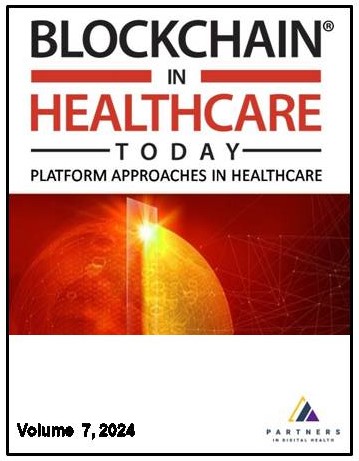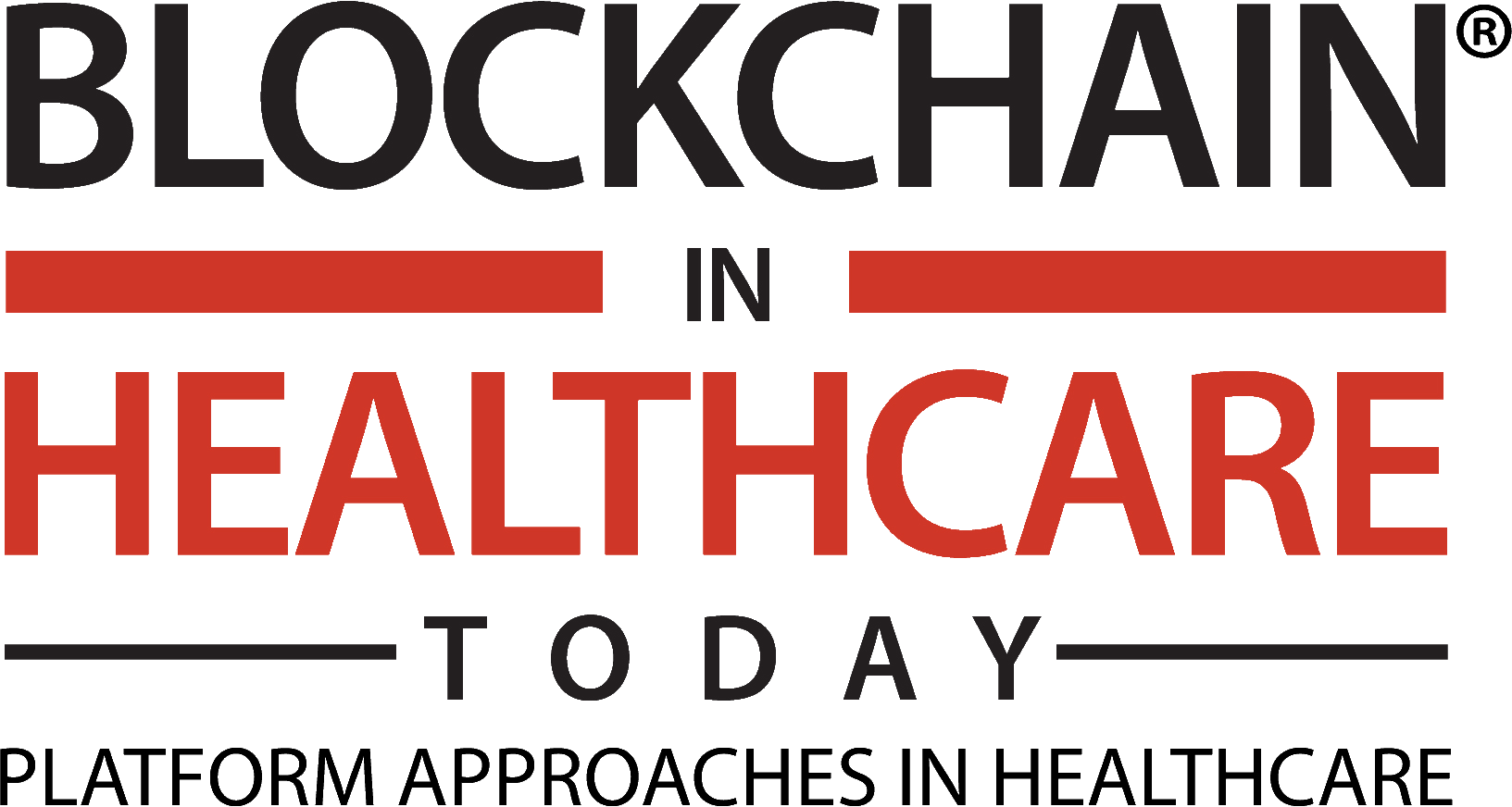
Additional files
More articles from Volume 1, Issue 1, 2018
Welcome and Introduction
Keynote Address: Transformational Technologies in Healthcare - All Aboard!
The Decentralization Zeitgeist: Can the Revolution be Real?
Block-Education: Applying a “Fit-for-Purpose” Framework to Advance Health Blockchain Education
What's Next for Blockchain?
Article views
Citations

0
Leveraging Remote Patient Monitoring to Manage Chronic Disease
Healthcare Informatics
UMMC Center for Telehealth
University of Mississippi Medical Center , Jackson , United States
Published: 29.11.2018.
Volume 1, Issue 1 (2018)
Abstract
Session Description: Mississippi understands the challenges and costs of a patient population with chronic diseases. The University of Mississippi Medical Center’s (UMMC) Center for Telehealth has a mission to bridge the gaps in the healthcare delivery system in order to improve the health of all Mississippians. Telehealth is able to connect rural residents to the specialists at the larger tertiary centers in the state, thus increasing access. In August 2014, the UMMC Center for Telehealth launched The Mississippi Diabetes Telehealth Network to pilot an advanced healthcare model on patients with uncontrolled diabetes living in the Mississippi Delta. The model employs evidenced based practice, multidisciplinary teams, and individualized nursing interaction in an effort to empower patients to better manage their diabetes. Our program focuses on decreasing health disparities; managing chronic diseases; reducing emergency room visits, hospital admissions and readmissions; and improving health quality while reducing the overall cost of care.
Topics include:
- Clinical outcomes from pilot and how it paved the way for reimbursement in Mississippi
- Cost effective care model for chronic disease management for patients living in under served areas.
- The need for collaborative approach to managing chronic disease
Citation
Copyright
This is an open access article distributed under the Creative Commons Attribution License which permits unrestricted use, distribution, and reproduction in any medium, provided the original work is properly cited.
Article metrics
The statements, opinions and data contained in the journal are solely those of the individual authors and contributors and not of the publisher and the editor(s). We stay neutral with regard to jurisdictional claims in published maps and institutional affiliations.

